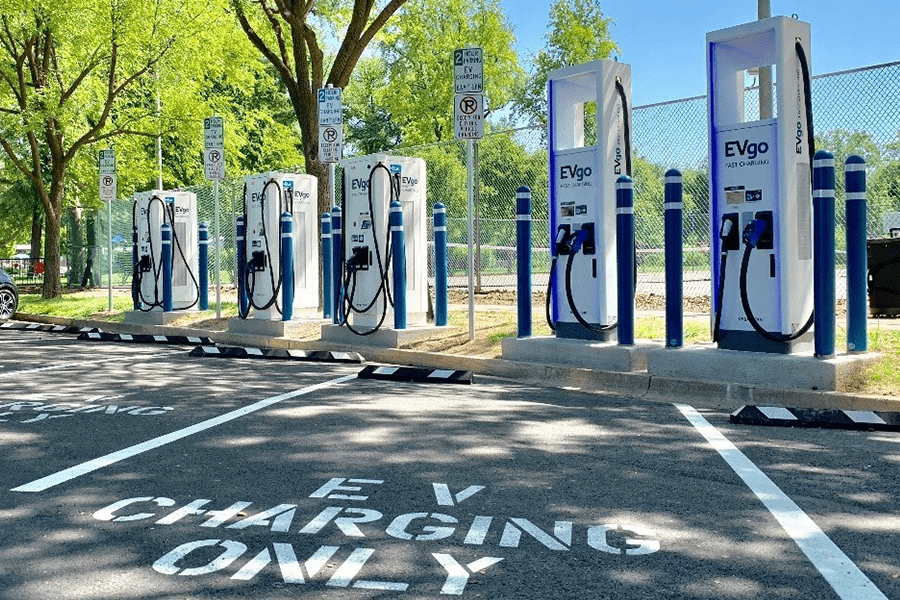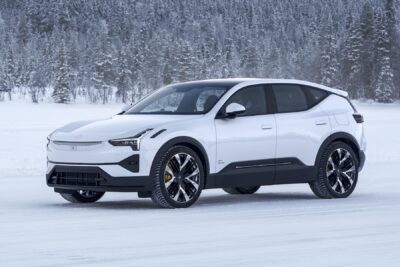US government to stick with union-backing subsidies
The US government is sticking to its plan to increase the tax credit for electric vehicles assembled by union workers in the US to $12,500. The increase is part of the revised “Build Back Better” plan now presented. There is opposition to the proposed measure abroad.
“Build Back Better” is a massive social package that the Democrats agreed on after months of negotiations. President Biden says he is “confident” that the package “can pass both chambers of Congress”. Negotiations with Republicans are just beginning.
The increase in the tax credit is one of the measures that made it into the package. Specifically, the credit is to be increased to up to $12,500 only for electric vehicles assembled by union workers in the US. Currently, the maximum is $7,500. Details are not yet known. In the meantime, there was talk that the new rule would only apply to vehicles up to a price of 80,000 dollars and could also be paid out split (7,500 dollars as a base and then plus 2,500 dollars for assembly in the USA and another 2,500 dollars for a unionised workforce). It is unclear whether these marginal conditions were also included in the bill.
Word for word from the White House so far is only that “the electric vehicle tax credit will reduce the cost of an electric vehicle made in America with American materials and unionised labour by $12,500 for a middle-class family”.
Earlier in the summer, this measure had already been proposed as part of a bill called ‘Clean Energy for America’. Currently, the maximum tax credit for electric vehicles in the United States is $7,500. This amount is not tied to any model price cap or assembly in the US, but is known to expire for automakers once they reach the 200,000 electric vehicle sales limit – which has long been the case for General Motors and Tesla. The new law would remove this existing constraint.
The trade unions applauded the proposal back in May. Now that the draft is taking shape, however, there is also opposition to the protectionist increase in the tax credit – and this is stirring in a number of countries with strong car industries such as Germany, Japan and South Korea, among others. The nations see themselves clearly disadvantaged by the proposal.
In a joint letter to the top leaders of the US Congress, the ambassadors of the signatory countries write, among other things: “limiting eligibility for the credit to vehicles based on their U.S. domestic assembly and local content is inconsistent with U.S. commitments made under WTO multilateral agreements.”
cnet.com, whitehouse.gov, reuters.com (international response)





0 Comments